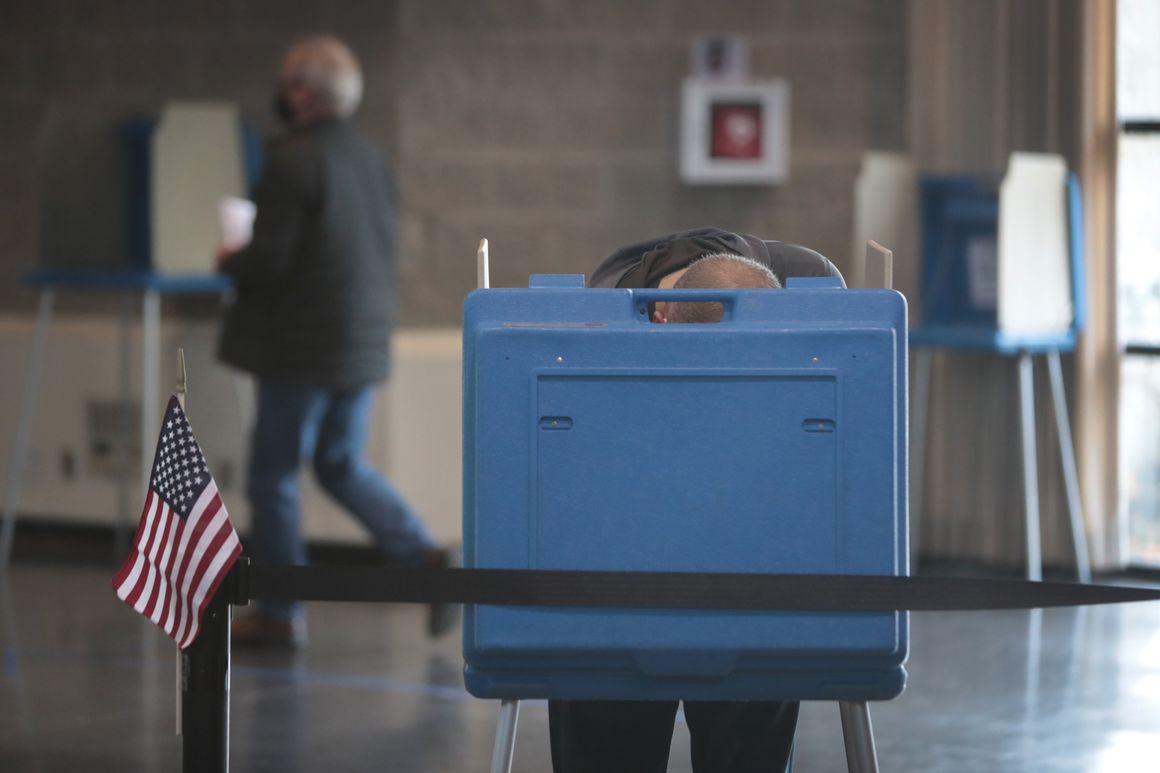The Nigerian Senate’s recent consideration of a bill to amend the 2022 Electoral Act by consolidating all elections into a single day has sparked intense debate. Proponents hail it as a revolutionary move to cut costs, increase voter participation, and enhance the efficiency of the democratic process. Detractors, however, fear the logistical nightmare, potential disenfranchisement, and the strain it could place on the Independent National Electoral Commission (INEC). This editorial examines both sides of the argument to assess whether such a radical change is a progressive reform or a risky gamble.
Merits of One-Day Elections
1. Cost Reduction: The rising cost of elections has become a pressing concern. From N1.5 billion in 1999 to N350 billion in 2023, the expenditure on Nigeria’s staggered elections is unsustainable. A single-day election would significantly reduce the financial burden on INEC, security agencies, political parties, and the government.
2. Higher Voter Turnout: Countries like the United States, India, and Brazil, which conduct elections in one day, experience higher voter participation. Nigerians often suffer from election fatigue due to the prolonged nature of the staggered process. Consolidating elections could motivate more citizens to participate, making democracy more inclusive.
3. Reduction in Electoral Malpractices: A shorter election cycle minimizes opportunities for manipulation, vote buying, and violence. By compressing the process, politicians have less room to exploit weaknesses in the system.
4. Minimized Disruptions to Governance: Frequent elections across different levels of government often disrupt administrative continuity. A single-day election would allow elected officials to focus on governance without prolonged political distractions.
Demerits of One-Day Elections
1. Logistical Challenges: Conducting national, state, and local government elections simultaneously presents an overwhelming challenge. INEC would need to manage an unprecedented number of polling stations, election officers, security personnel, and materials all at once.
2. Voter Confusion and Ballot Complexity: With multiple elections held on the same day, voters—especially those with limited literacy—could struggle with the numerous ballot papers. This complexity could lead to an increase in invalid votes and voter frustration.
3. Security Risks: Nigeria’s history of electoral violence necessitates careful planning. A single-day election could strain security agencies, making it harder to prevent and respond to violence across the country.
4. Capacity of INEC: While the idea is appealing, Nigeria’s electoral body has historically struggled with logistical inefficiencies even in staggered elections. A nationwide, same-day election requires technological and infrastructural advancements that INEC may not yet be equipped to handle.
The Way Forward
Rather than rushing into this reform, Nigeria must first ensure that its electoral infrastructure can handle such a significant transition. A phased approach—perhaps piloting the idea in select states before full implementation—would allow for assessment and adjustments. Adequate voter education, ballot simplification strategies, and increased investment in INEC’s capacity must precede any move toward a one-day election system.
While the proposal holds promise, its feasibility remains questionable. The Senate must balance cost efficiency with democratic integrity to ensure that any reform strengthens, rather than undermines, Nigeria’s electoral process.





